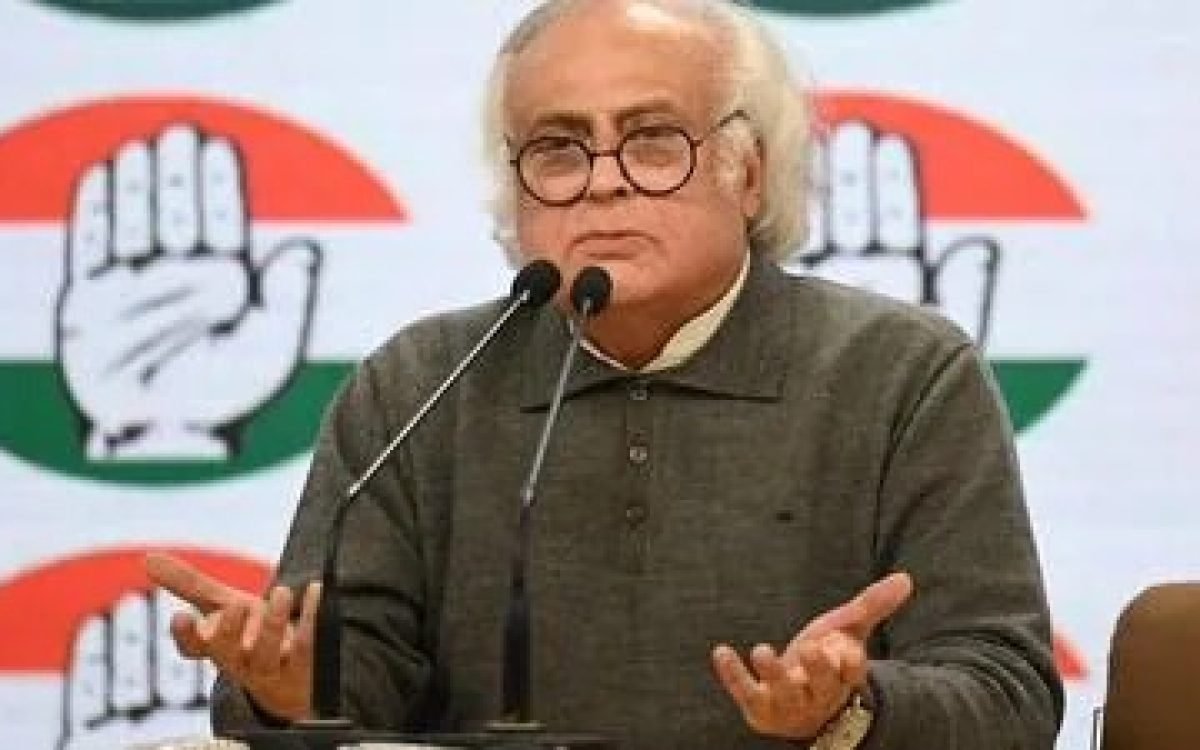The recent statements by senior Congress leader and MP Jairam Ramesh regarding the Electoral Bond Scheme have reignited debates surrounding transparency in political funding and the integrity of democratic processes in India. With allegations of pre-paid, post-paid, and post-raid bribes swirling around, it’s imperative to dissect the intricacies of the electoral bond controversy, examine the Congress’s proposed solutions, and scrutinize the BJP’s response.
Electoral Bonds: A Prelude to Controversy
The Electoral Bond Scheme, introduced in 2018, was purportedly aimed at promoting transparency in political funding by allowing individuals and corporations to donate to political parties anonymously. However, critics argue that the scheme lacks transparency, as the identities of donors remain undisclosed, posing a threat to democratic principles.
Congress Allegations: “Pre-Paid,” “Post-Paid,” and “Post-Raid” Bribes
Jairam Ramesh’s scathing indictment of the Electoral Bond Scheme as “pre-paid,” “post-paid,” and “post-raid” bribes has sent shockwaves through the political landscape. Allegations of the central government exchanging projects and contracts worth Rs. 3.8 lakh crore for Rs. 2,004 crore in donations to the BJP have raised serious concerns about the integrity of political funding mechanisms.
Congress’s Proposed Solutions: Scrapping the Electoral Bond Scheme
The Congress party’s steadfast commitment to scrapping the Electoral Bond Scheme and replacing it with a National Election Fund reflects its dedication to restoring transparency and accountability in political financing. By advocating for a more inclusive and transparent funding mechanism, the Congress aims to uphold the principles of democratic governance and level the playing field for all political parties.
BJP’s Response: Denials, Deflections, and Counterclaims
In response to the Congress’s allegations, the BJP has vehemently denied any wrongdoing, dismissing the accusations as politically motivated. The BJP has defended the Electoral Bond Scheme as a tool for promoting transparency and facilitating legitimate political donations. However, critics argue that the lack of transparency surrounding donor identities undermines the scheme’s purported objectives.
The Way Forward: Ensuring Accountability and Transparency
As India gears up for the 2024 elections, the debate over electoral funding reform takes center stage. The need for robust mechanisms to ensure accountability, transparency, and integrity in political financing has never been more pressing. The Congress’s proposal to replace the Electoral Bond Scheme with a National Election Fund represents a step towards addressing these concerns and restoring public trust in the democratic process.
Conclusion: Towards a More Transparent Political Landscape
The electoral bond controversy underscores the critical importance of transparency and accountability in political funding. As allegations of bribery and corruption continue to rock the political establishment, it is imperative for stakeholders to come together to enact meaningful reforms that uphold the principles of democracy. Whether through scrapping the Electoral Bond Scheme or implementing stringent disclosure requirements, the path towards a more transparent and equitable political landscape requires collective action and unwavering commitment to democratic values.









